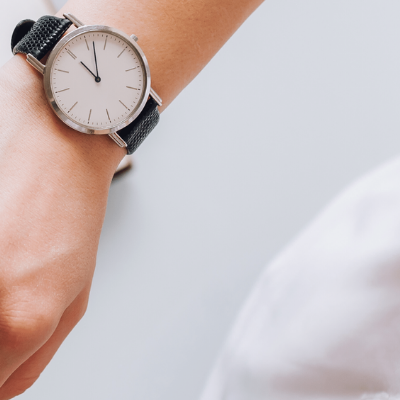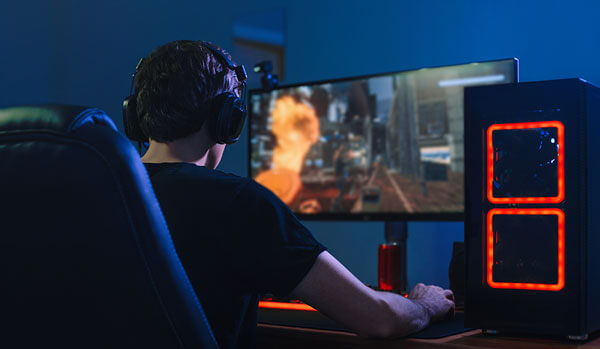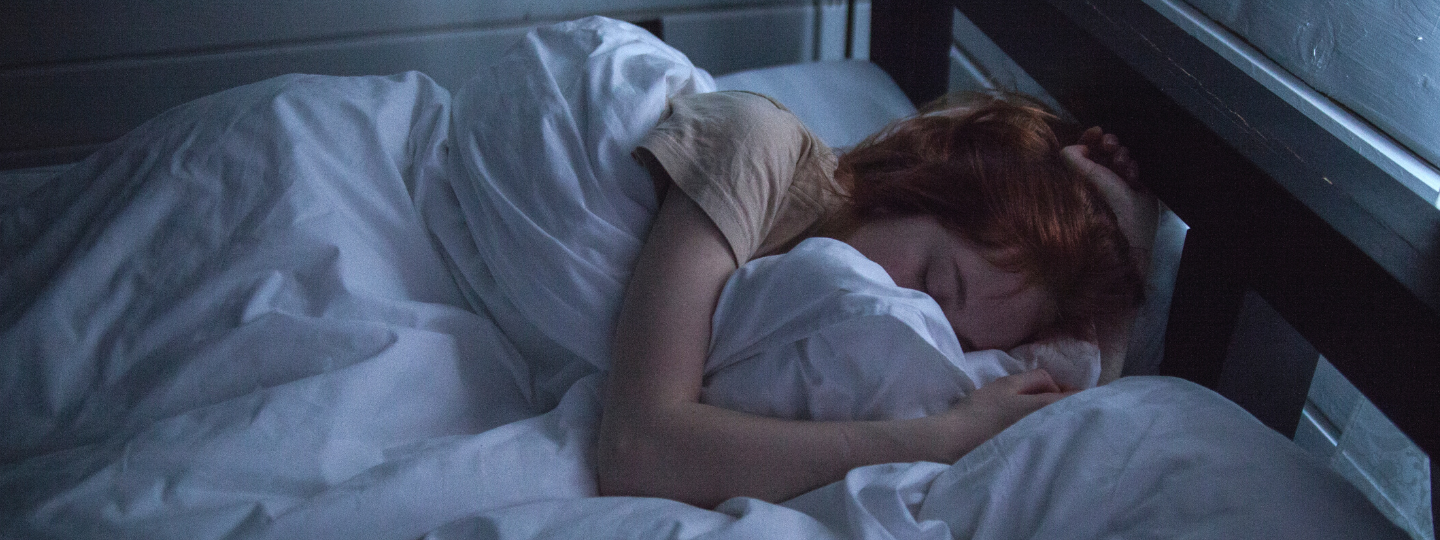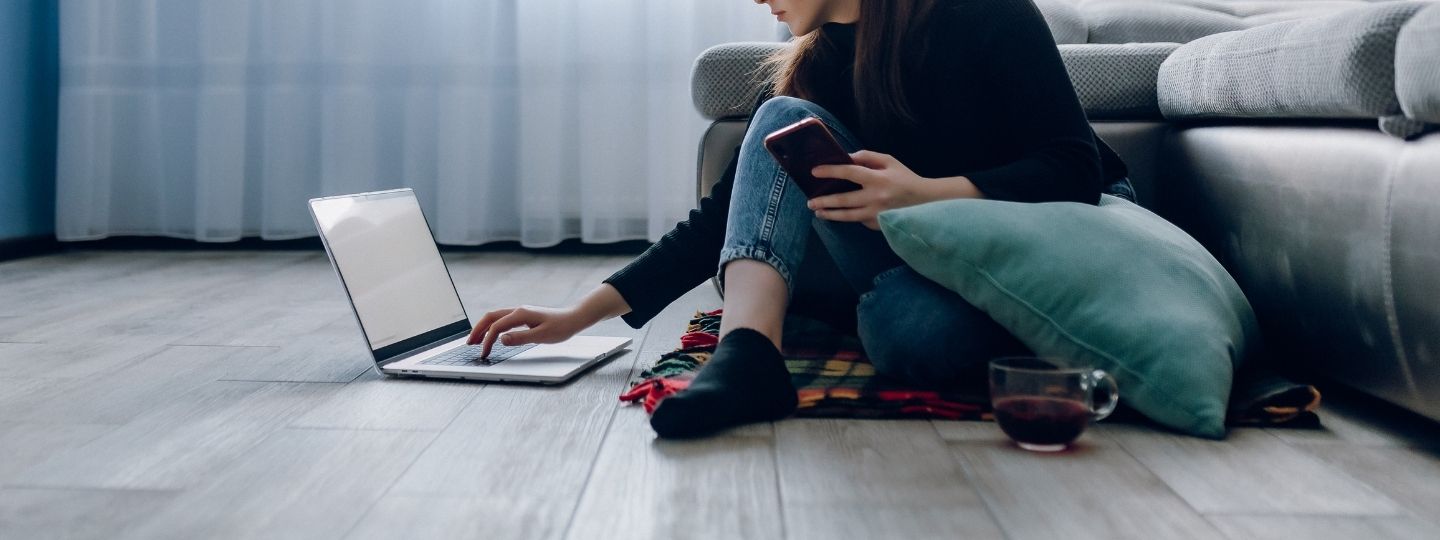Time spent online
Time spent online
Monday, 01 November 2021
Time spent online and social media are commonly viewed as the root causes of any problem that young people face.
For a lot of us, work and education is tied into a stable internet connection. Digital communication is more important than ever.
When we ask young people how long they spend online, they often refer to this amount as bad or negative. We’re all guilty of mindless scrolling at times, but does that make it bad?
In this article, you will find:
- Time online and mental health
- Not all time online is equal
- Tips for managing your time online
- Social media and body image
- Technology and sleep
Time online and mental health
Our My World Survey 2 report gave us insight into the lived realities of over 19,000 young people in Ireland. It found spending over three hours per day online was linked to feeling low or having poor mental health.
We must stress the term ‘link’ here, and note this is not the same as a cause. Spending lots of time online could be because you are feeling low and not motivated to do anything else.
It could also mean you’re bored and have nothing else to do. Perhaps there isn’t anything going on you find interesting. It can also be habit-forming, and we can fall into a trap of “doomscrolling”, but when you’re online there are so many options.

Take more breaks
Set yourself some boundaries for the time you spend online if it's affecting your mood or interfering with your sleep.
Where are you spending the time?
Spending large amounts of time online has become necessary for a lot of young people. This can be for communication, study, work and entertainment. These larger quantities of time have been linked to poor mental health.
Though it could also be that the individuals were feeling low when surveyed for research. With any study like this, it’s important to consider the varieties of contexts.
You know how much time is the right amount for you. If you feel time spent online interferes with day-to-day activities, it’s time to start cutting down.
Equally, if the things you do online make you feel bad about yourself, it’s time to take control of this. Take a look at the measures available to help you manage your time.
Not all time online is equal
Spending an hour chatting with your mates, or watching TED talks is not the same as watching pornography or doomscrolling for an hour online. These activities all have a very different impact on your mental health.
Games also get bad press from those who don’t know much about them. However, online gaming can be a really immersive and enjoyable experience. It can also connect you with like-minded people.
Though it’s good to ensure one hobby isn’t dominating time that could be allocated elsewhere. It shouldn’t cut into time spent with friends or family, for example.
There are also ways to help look after your mental health online. These could be websites or supports like ourselves *ahem* or mental health apps.
Managing your time online
Many young people we work with are well aware of the amount of time they spend online. Features on our phones now tell us how many times we picked them up and how much time we spend on them.
What we’re getting at here is the most boring advice of all. Moderation. Balance. Have enough space and time for the things you need to do in your life. Not feeling overly dependent on one thing is important.
If time online is making you feel bad, take more breaks.
The Forest App for mobile encourages you to put down your phone and focus on what’s important in life. The app partners with a real-tree-planting organisation (Trees for the Future) to plant real trees. When users spend virtual coins earned in Forest on planting trees, Forest donates to their partner and creates planting orders.

Social media and body image
The data from My World 2 also highlights a trend between negative body esteem and time online.
We receive messages from all directions about our bodies, and it can be really difficult to dodge them. We’re often made to feel badly about not being muscular or thin enough. Social media can send these messages 24/7.
We can know a lot of camera and lights trickery go into certain shots. Though we still compare our normal selves with other people’s best selves. And we do know that can have a very negative impact on our mental health.
Social media can also be full of people posting about everything they eat. These people can dish out (sorry but not sorry for the pun) dubious nutrition advice.
Impact of devices
There is plenty of evidence about the impact of back-lit devices and what they do us.

Technology and sleep
OK, let’s be honest, we’re all aware of this one. We know technology is having an impact on all of our sleeping habits.
Staying up late on your phone is not an uncommon experience for many of us. Checking Instagram one more time. Or Whatsapping until 2 am when you know you have school, college or work the next morning. Playing a multiplayer game until 4 in the morning, because it’s the weekend.
You probably already recognise how this can wreak havoc on your sleeping rhythm. The effects of binge-watching a show on Netflix every night on mid-term break is felt for weeks. These habits mean you are not switching off properly to wind down before you get to sleep.
There is plenty of evidence about the impact of back-lit devices and what they do us. But it’s easy to see the impact for yourself. You know being on your phone just before you go to sleep can leave you feeling a bit wired.
Work on developing a good wind down routine before bed to help your sleep. A good sleeping habit is important for your mental health.







